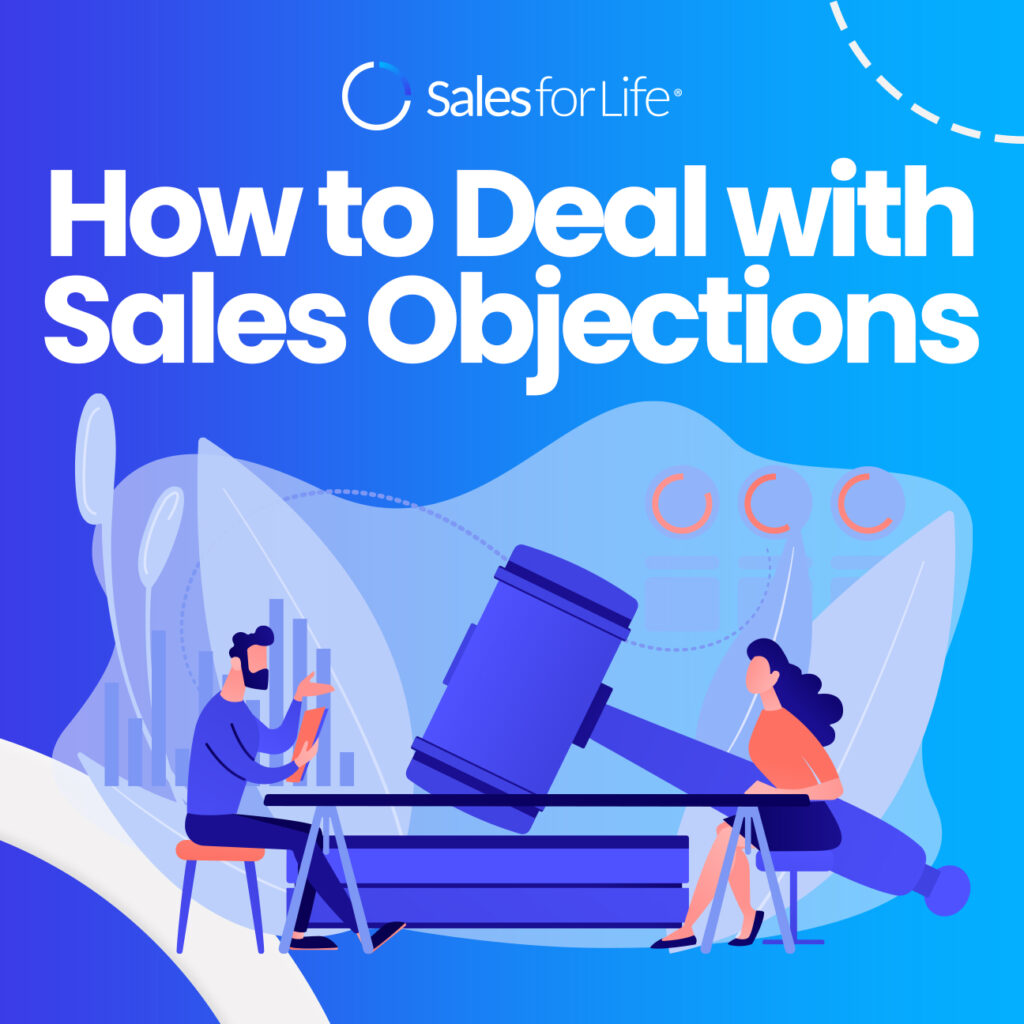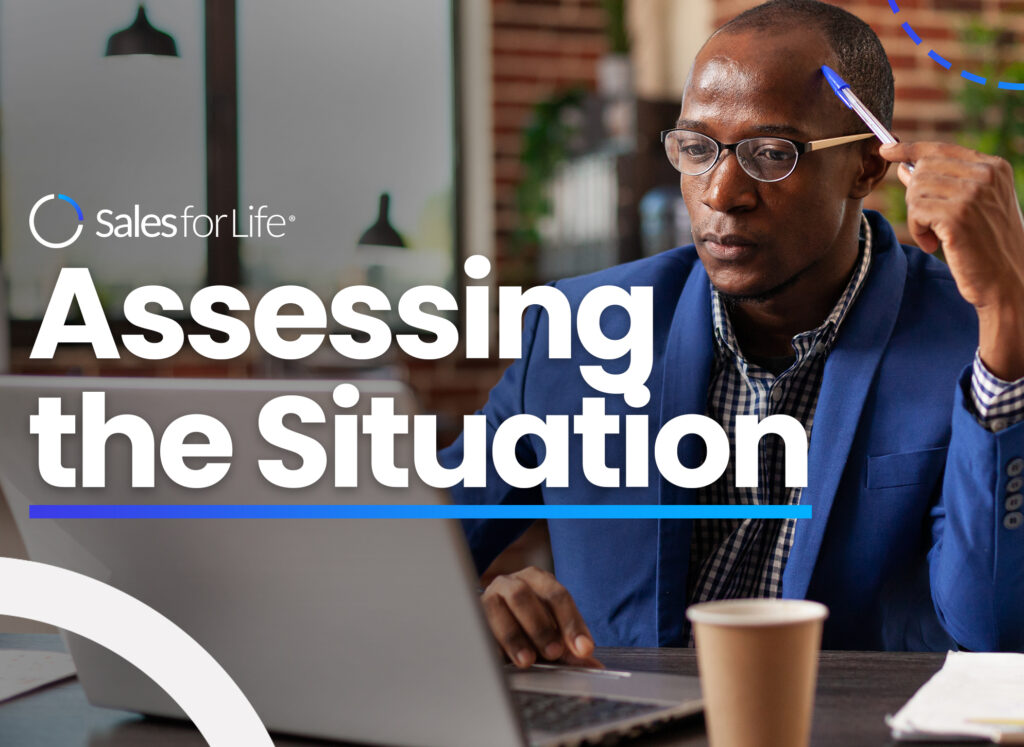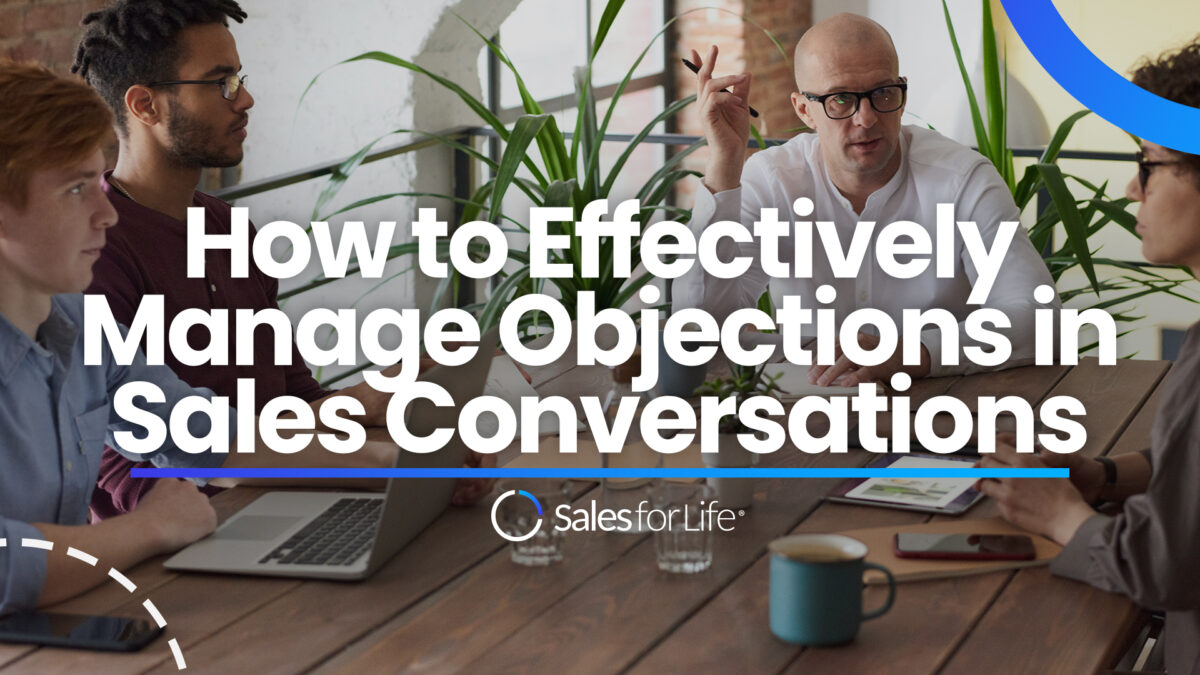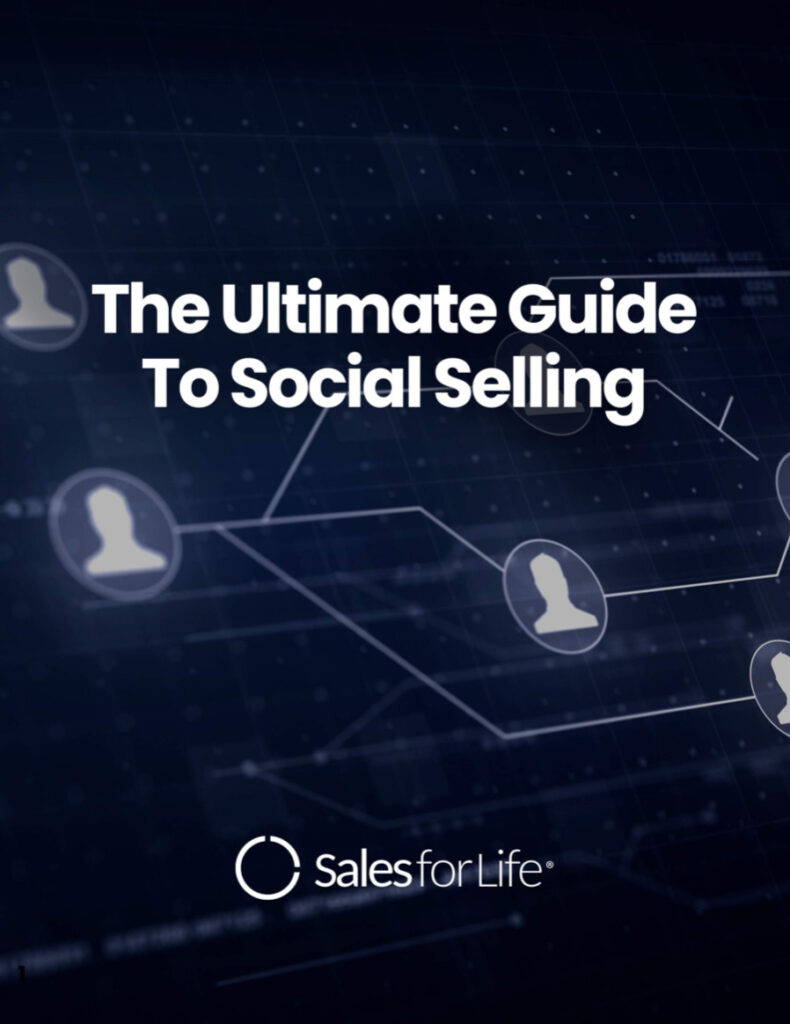Almost every prospect you speak with has sales objections or reasons for not buying your product. If they didn’t have qualms about the price, value, applicability to their situation, or purchasing ability, they would have bought it already.
While dealing with objections is an inevitable aspect of the sales process, it may be a significant stumbling block for moving prospects through the pipeline. Accepting the complaints and sending a breakup email right away may be tempting. If you’re going to be successful, you’ll need to learn how to find and overcome these concerns.
What is a Sales Objection?
Any concern a prospect expresses about a barrier impeding their ability to buy from you is a sales objection — an unambiguous indication that you’ll need to handle more areas of the buying process than you thought.
According to Brett Trainor in an Expert Talk, customer objections are a sign that they don’t grasp your value or your ability to solve their problem. When customers raise objections to a purchase, it’s a sign that they’re interested in what you’re offering. They enquire, demand more information, and express their worries.
Instead of being afraid of sales objections, learn to see them as chances to move your sales process forward.

How to Deal with Sales Objections
While objections are one of the hardest and more unpleasant aspects of sales, they are not necessarily dead ends. Let’s look at how you can get around these potential stumbling blocks.
Taking care of objections
Dealing with objections is an inevitable and frustrating part of the sales process. The process entails specific actions and skills that every salesperson should be familiar with. Situational awareness, gathering background knowledge, leading with empathy, and asking intelligent, open-ended questions are just a few.

Being aware of the situation
There’s no one-size-fits-all approach to managing objections that will address all of a prospect’s concerns. You’ll need a good sense of where you are in the sales cycle, the kind of the deal you’re chasing, and your prospect’s demands and interests, among other things.
Understanding the conditions that shape a prospect’s objections is critical to effectively addressing them. As a result, you must retain situational awareness as your talks with a prospect proceed.
Getting a lot of background information
This argument follows the previous one: comprehensive background information informs effective, actionable situational awareness. Investigate your prospect’s company and, to some extent, the prospect themselves.
What are the company’s current challenges? What problems do the prospect’s industry peers regularly have? If you’ve previously worked with similar-sized firms, try to recollect their concerns.
And, in the event of your contact, be aware of their responsibilities. What authority do they have to make decisions? Daily, what areas of the company’s operations do they deal with? What are the most common issues that someone in their job faces?
If you know all of this and more, you’ll be in an excellent position to answer objections gracefully.

Empathy in leadership
Objections are a normal part of the sales process, and they often — if not always — reflect legitimate concerns. When your prospects push back a little, you must avoid being visibly upset and impatient with them.
Every great sales effort starts with empathy. You shouldn’t sell to a prospect solely to make money; you should sell to them because your product or service is the best fit for their problems. As a result, you must always keep their wants and interests in mind.
You may set yourself up to anticipate and effectively answer their objections if you stay on top of their problems and circumstances and approach them with compassion and understanding.
Posing open-ended, thoughtful questions
Every other element on this list can be bolstered by the capacity to ask meaningful, open-ended questions. If you want to comprehend and effectively resolve the objections raised by your prospects, you need to go to the bottom of their problems.
Asking them meaningful, courteous questions and providing the opportunity to address them thoroughly is an excellent place to start. Avoid queries that can only be answered with a single word, “yes or no,” and don’t be afraid to use silence to your advantage.
There could be more underlying objections that the prospect hasn’t expressed or has merely hinted at. Before you can react successfully, you’ll need to ask open-ended questions to assist you in uncovering all of the objections.
Allow your customers to express themselves. Determine their issues – and put yourself in a position to anticipate their objections.




